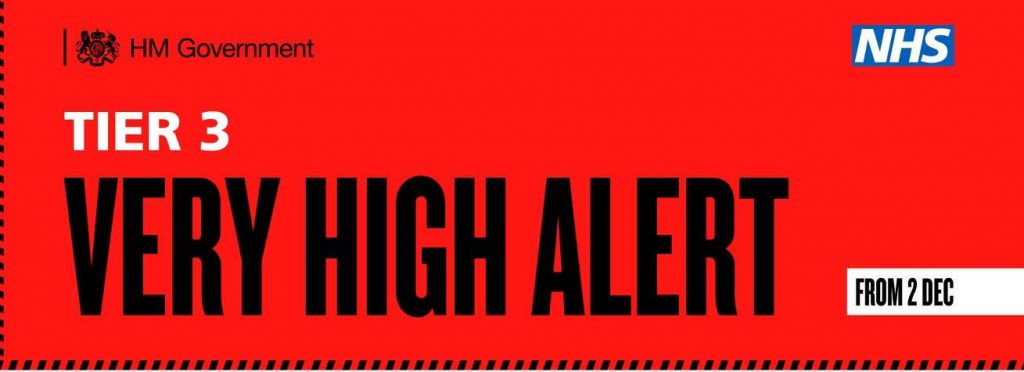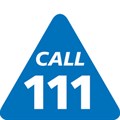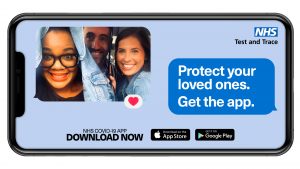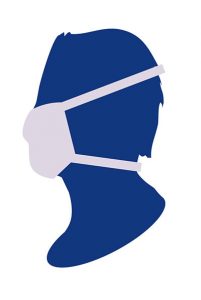Children and Young People with Special Educational Needs and Disabilities Consultation
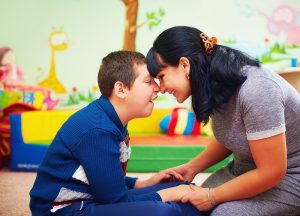
Kent County Council, Kent and Medway CCG
Kent’s Strategy for Children and Young People with Special Educational Needs and Disabilities 2021-2024
Opened: 02 December 2020
Closes: 04 February 2021
Kent County Council and the NHS in Kent and Medway are keen to hear your views and opinions about their new special educational needs and disabilities strategy for children and young people in Kent.
The strategy sets out our ambitions to make sure that all children in Kent have equal access to support and education that meets their unique needs and that they and their families are supported to live their best life.
It also explains how we will shape our services for children and their families in a way that improves wellbeing, resilience and learning in our communities.
The strategy has been prepared jointly by Kent County Council and the NHS in partnership with children and young people, parents and carers, Kent PACT and other key stakeholders.
We recommend you read the draft Strategy before completing the questionnaire using the link at the bottom of the post.
Consultation Documents
- Kent’s Strategy for Children and Young People with Special Educational Needs and Disabilities 2021-2024 – PDF version (427 KB)
- Kent’s Strategy for Children and Young People with Special Educational Needs and Disabilities 2021-2024 – Word version (265 KB)
- SEND Strategy – Short Summary – PDF version (618 KB)
- SEND Strategy – Short Summary – PowerPoint version (635 KB)
- Easy Read Strategy and Questionnaire – Word version (3.41 MB)
- Equality Impact Assessment – PDF version (283 KB)
- Equality Impact Assessment – Word version (44 KB)
- Consultation Questionnaire
The consultation questionnaire should be completed online via the ‘Respond to this Consultation’ section below. Alternatively complete this Word version and return by post or email.
Supporting Documents
Respond
Kent County Council
kccconsultations.inconsult.uk/consult.ti/sendstrategyconsultation/consultationHome


